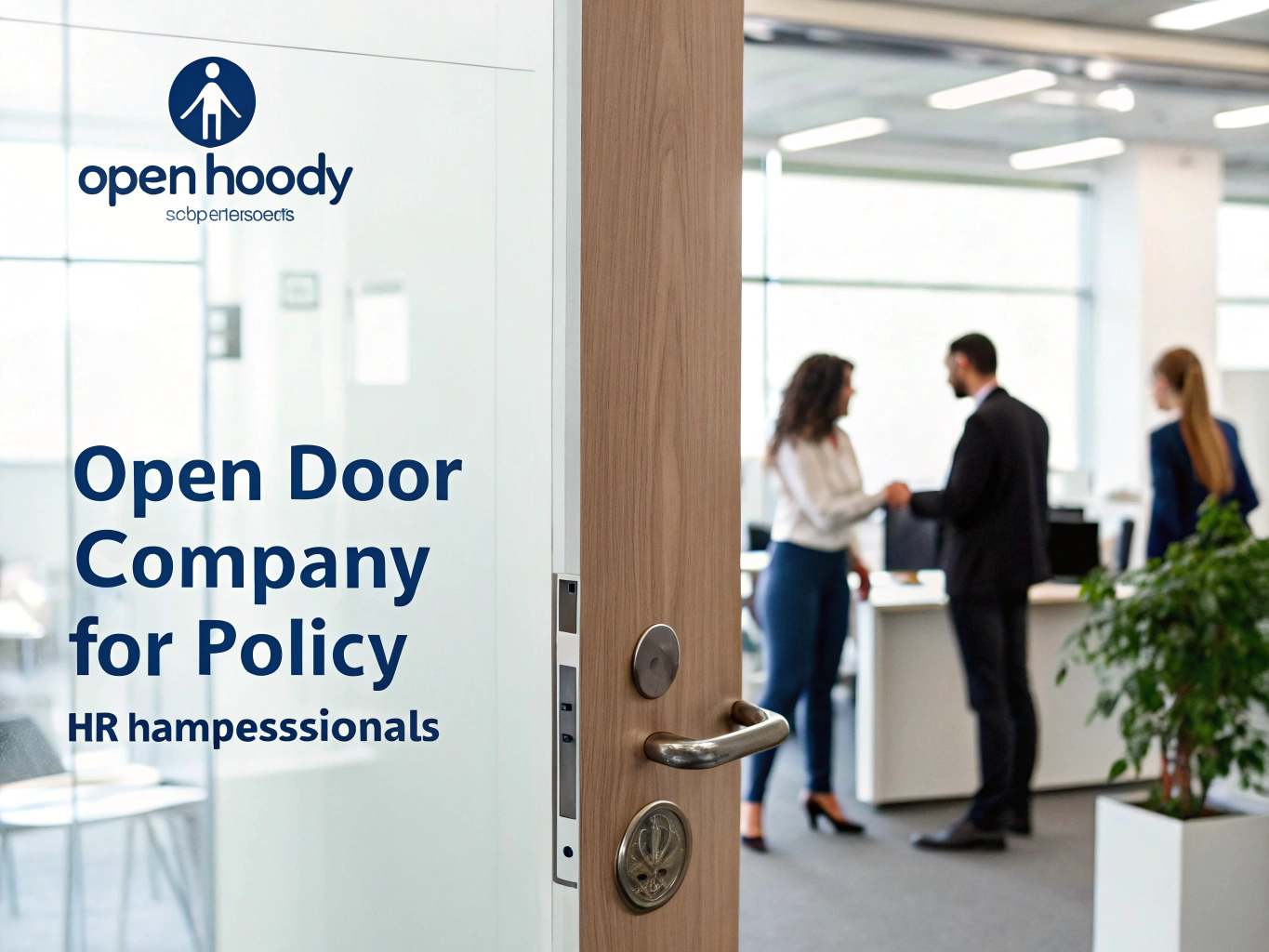Definition
An unfair labor practice refers to actions taken by employers or labor unions that violate employees’ rights, particularly concerning their ability to organize, bargain collectively, or participate in other protected activities regarding their employment. In simpler terms, it’s any behavior that disrupts the fair treatment of workers and the collaborative nature of labor relations.
Key Components
Understanding unfair labor practices involves recognizing the various ways in which these rights can be compromised. Here are the main elements to consider:
- Interference with Employee Rights: This includes any actions that discourage employees from joining or supporting labor organizations. For instance, if a manager threatens an employee for attending a union meeting, that could be classified as interference.
- Discrimination: Unfair labor practices often manifest through discrimination related to union activities. If an employee is passed over for promotion simply because they are involved with a union, that’s a clear violation of their rights.
- Refusal to Bargain in Good Faith: Both employers and unions must engage in sincere negotiations. If an employer delays discussions without any valid reason or refuses to consider reasonable proposals from the union, this may be viewed as an unfair labor practice.
- Retaliation: Taking adverse action against employees for engaging in protected activities—like participating in a strike or voicing concerns about workplace conditions—is considered unfair labor practice. For example, if an employee is demoted after advocating for better safety measures, that’s retaliation.
- Unilateral Changes: Employers are generally required to negotiate changes in working conditions with the union. Implementing new policies without consulting the union can lead to claims of unfair labor practices. Imagine a company suddenly changing work hours without any discussion with the union—that’s a red flag!
- Coercion and Threats: Using threats or pressure to influence employees’ decisions regarding union activities can create a toxic work environment. For example, telling employees they might lose their jobs if they support a union is a clear violation of their rights.
Importance in the Workplace
Addressing unfair labor practices is crucial for fostering a healthy workplace. When employees feel secure in their rights, it leads to increased morale and productivity. For instance, if a company is known for treating its employees fairly and respecting their rights to organize, it builds trust and loyalty among the workforce. On the flip side, if unfair practices persist, it can lead to high turnover, legal challenges, and a damaged reputation. Think of it this way: a positive work culture is built on respect, trust, and open communication. Ignoring unfair labor practices undermines that foundation.
Best Practices
To ensure your workplace is free from unfair labor practices, consider implementing these best practices:
- Educate Employees: Provide training on workers’ rights and the importance of collective bargaining. This empowers employees to recognize and stand up against unfair practices.
- Encourage Open Communication: Foster an environment where employees feel safe discussing their concerns without fear of retaliation. Regularly check in with team members to gauge their feelings about workplace policies and practices.
- Engage in Good Faith Negotiations: Always approach collective bargaining with a genuine intent to reach an agreement. This not only helps avoid legal issues but also strengthens your relationship with labor representatives.
- Document Everything: Keep thorough records of workplace policies, employee feedback, and any incidents involving employee rights. This can be invaluable if disputes arise.
- Consult Legal Professionals: When in doubt, seek legal guidance to ensure that your practices comply with labor laws. A proactive approach can prevent misunderstandings and costly legal battles down the line.
Legal Considerations
Unfair labor practices are governed by various labor laws aimed at protecting employees’ rights. The National Labor Relations Act (NLRA) in the United States is one such law, outlining the rights of employees to organize and engage in collective bargaining. Violations can lead to legal repercussions, including penalties for employers or unions involved. It’s essential to be aware of the specific regulations in your region and industry, as they can vary widely. Always stay informed about changes in labor laws to ensure compliance and maintain a fair workplace.
Conclusion
Understanding unfair labor practices is vital for creating a respectful and equitable work environment. By recognizing what constitutes these practices and taking proactive steps to address them, you contribute to a culture of fairness and trust. Remember, a workplace that honors employees’ rights not only fosters a positive atmosphere but also enhances overall productivity and employee satisfaction. So, stay informed, be vigilant, and lead by example—your workforce will thank you!




